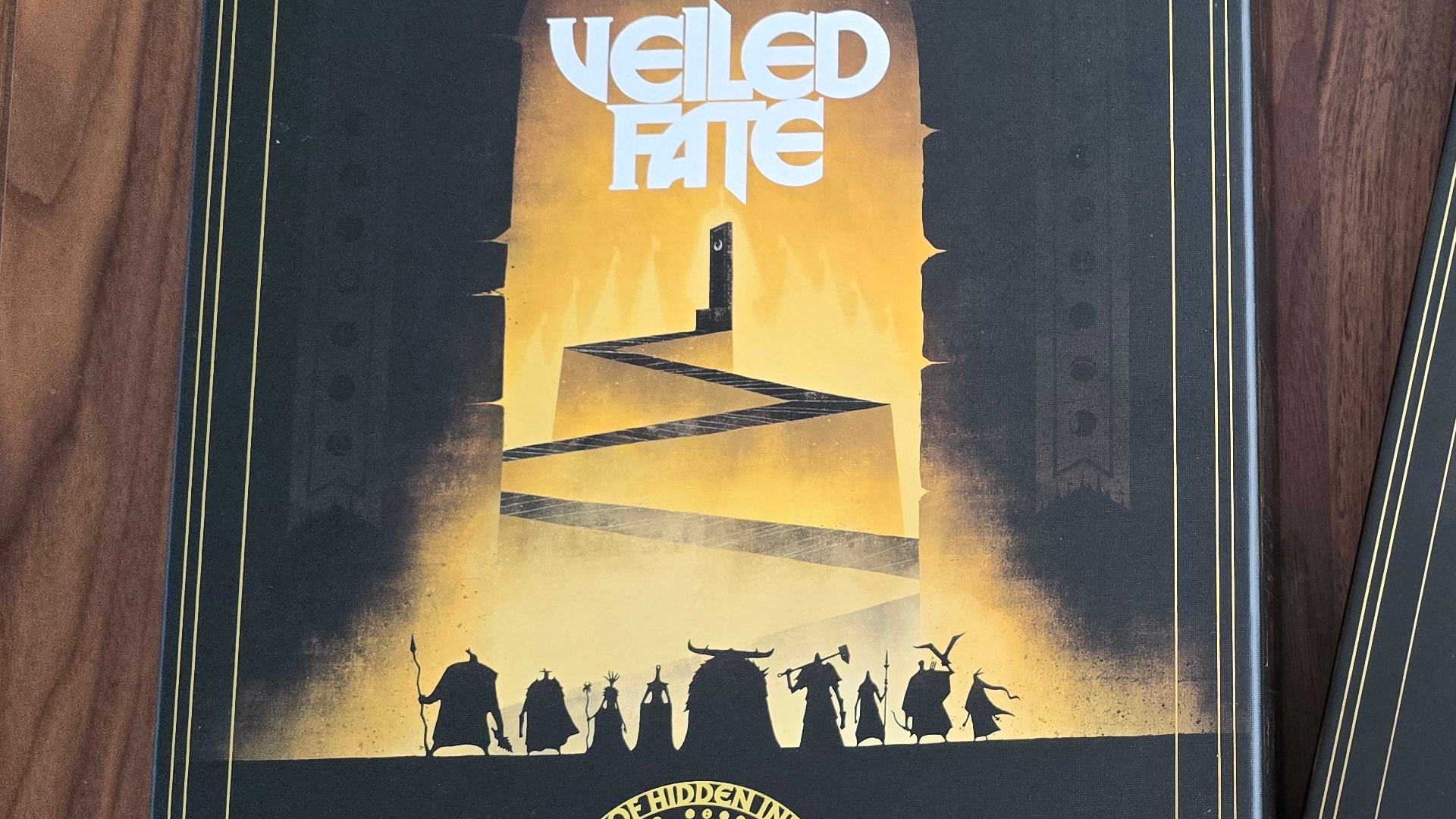Are developers even listening?
Is your voice being heard by the people that make games? We find out...
GR: When dedicated community forums first started do you think they were primarily just a platform to service the fans, but in time have become more useful for developers as a way to gauge opinion?
George: I think it's always been a two-way thing. I think developers have been on forums right from the get-go. I know that at Rare the guys working on Banjo have a look and check out what's going on at all the various sites and forums.
Sam: The whole culture of the community is, first and foremost, a discourse based on interaction between individuals...
George: Absolutely. A lot of the time its helping people out. Some of the programmers on Viva Pinata, for example, are often on thePinataIsland.info forums. They posted - just because they wanted to - a big concept thing about how Pinata started out as a game for PDAs and then morphed into a Xbox game and then into an Xbox 360 game. It's the type of stuff that makes the community feel special. It also gives them a communication channel with us, which can genuinely influence usability of the game, gameplay, features...
Sam: And also it's just incredibly cool for kids and gamers. I was a gamer before I joined Lionhead and I thought it was absolutely the most awesome thing that ever happened to me - posting on a forum and Peter Molyneux writing a reply. Of course developers will check forums. They take a lot of it personally themselves because for developers it's just as cool to hear from people actually enjoying their game.
Something we do at Lionhead is send out what we call a 'morale booster'. Basically, it's a selection of about 200 comments from forums and blogs worldwide with people saying positive things about the work that we do at Lionhead. They really appreciate it, but they don't have the time to check out every forum and every website. And to get that kind of positive feedback is really valuable.
George: But it can be a double-edged sword because you'll often find people that will slate a game. I think those people think that they can slate a game in anonymity and no one will get hurt, but developers really hurt when somebody slates their game on a forum.
GR: So do you only show the positive comments and feedback to the development teams?
George: No. It's the whole butt. They can see it all for themselves.
Sam: One thing I do if there's a game feature which isn't taken very positively by the public before the game comes out is go to the design team and I start shouting 'Why did you make this decision?' One example are the horns and the halos in the first Fable. We released screenshots of that six months before the game came out and, literally, the forums were in uproar. Everybody was pissed off. The game was going to be shit. So I kept running to the Fable team and asking them 'Please get rid of the halos, get rid of the horns because people don't like it'. The guys didn't like me for it, obviously.
George: I thought the horns and halos worked really well. Maybe that's an example that the designers' vision is better. After all, they have an overall picture. Until a game is released, the community can only ever see a tiny angle and they just can't get the bigger picture.
When Rare start talking about Banjo next year we're going to have more opinions than we'll know what to do with. Gregg Mayles, the Banjo Kazooie designer, he cares about what people think of Banjo and he doesn't want to let people down. He knows there's a lot of expectation about the game, but similarly he doesn't want to compromise his vision. You can't please everyone. And nine times out of ten the best surprise is when people think the game is going one way and then it's released and then it's like 'But that shit's so much better than I thought it was going to be!'
GR: What is more important or valuable to developers - is it the opinion of critics or the community?
Sam: For me personally, fans are more important than journalists. I think for the theme as a whole, I thinkMetacritic - the average review score is enough. I don't think they really care about individual reviews or individual review scores. So if certain sites give us a six, it's a bitch, but as long as the average is good... We do care about reviews, but we care more about the people who pay money to buy our games.
George: To be fair, it's not often that you find that much disparity between the two.
GR: If you took the community elements away, where would it leave developers?
George: It would be horrible. I don't think we'd have any idea whether or not we'd succeeded or failed with a game. Reviews only tell you so much. It's a snap shot of opinion - a review comes out at the time a game is released. And that's the opinion then, but it's the ongoing stuff that's really important.
Sam: I also think we wouldn't be selling as many copies as we are nowadays. A fair amount of revenue is caused by people talking about the games.
GR: Do you see it as a ripple effect that starts in the community?
George: The community are the taste makers. They are the ones that create the buzz that then trickles down to the mainstream. They are an incredibly valuable resource and I hope that they feel valuable.
Sam: Just to give you one example, when a game goes gold we've got a habit at Lionhead of showing the disc to the webcam to show that the game is gold. When The Movies went gold, we showed the golden disc to the camera before the publisher had announced it. A lot of people were watching the webcam at the time and there was one chap who was working in the States in a cubicle in an office. As soon as he saw the picture, he jumped up from his cubicle and shouted out to the entire work floor 'THE MOVIES HAS GONE GOLD!' It's that kind of excitement that is driven by discourse that actually causes the ripple effect - more people become aware of the game and might actually check it out. Hopefully.
GR: Without communities, would we see a lower standard of game?
George: I don't think people would push themselves as hard. That's the impression I get. I mean developers and designers are always going to push themselves as hard as they can. The fact of the matter is they're always designing right up to the last minute. They're always trying to make the game better.
There is a sense now, though, that it's being done for real people. It's not just for sales or for credit. It's being done for people. There's a sense of gaming for the sake of gaming. Or art for the sake of art. I know that a lot of the concept guys will knock up some concept art to give out to some fan-sites. And they'll do it not just for the sake of art, or the sake of gaming, but for the sake that other people out there will appreciate it.
Sam: I think it's like a painter - if you make a beautiful painting and people come up to you and tell you that it's a beautiful painting and they really enjoy looking at it, well that would make me feel passionate about making my painting and I think the same goes for game developers.
Lionhead really does listen! So get yourselfinvolved on theLionhead community forumsand make yourself heard.
Rare is all ears and loves opinions, suggestions and ideas. And what better way to say it than with a lovely mail: editor@rareware.comor by getting involved in any of these dedicated Rare forums: Rare Elite , Mundo Rare ,NewRare,Rare Witch Project .
Weekly digests, tales from the communities you love, and more



